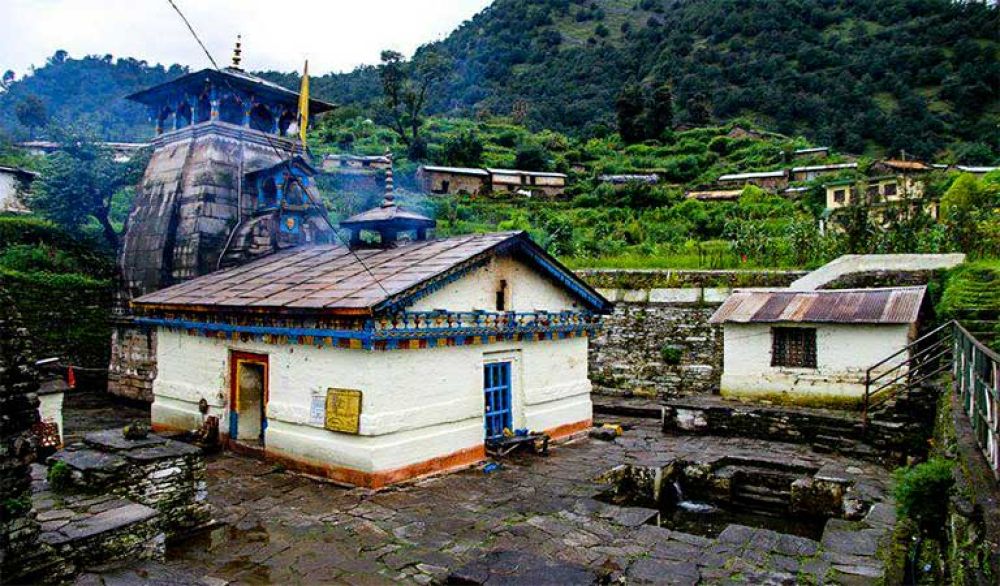

Trijuginarayan Temple, nestled in the serene surroundings of Rudraprayag district in Uttarakhand, is a significant pilgrimage site that is steeped in mythological history. The temple is believed to be the venue where the legendary Hindu god, Lord Shiva, tied the nuptial knot with Goddess Parvati. The name 'Trijuginarayan' is derived from the words 'Tri' meaning three, 'Jug' representing the eras, and 'Narayan' which is another name of Lord Vishnu, who witnessed the holy matrimony.
The history of tourism in Trijuginarayan traces back to the time when devout pilgrims began to visit this sacred site in search of divine blessings and to witness the eternal flame, which is believed to have been burning since the time of Lord Shiva and Goddess Parvati’s marriage. Over the years, the temple has garnered immense spiritual significance and has become a must-visit destination for pilgrims, especially during the auspicious time of weddings.
In recent times, the Uttarakhand government and various travel organizations have worked towards promoting Trijuginarayan as a prime wedding destination, positioning it as the 'Eternal Wedding Venue'. This has provided a significant boost to local tourism, with many couples choosing to celebrate their union in the same divine atmosphere where the gods themselves were united.
With the importance of sustainable and eco-friendly travel increasing globally, the Uttarakhand Tourism Board has been focusing on promoting responsible tourism practices in the region around Trijuginarayan Temple. Efforts are being made to ensure that tourism development does not come at the cost of the natural beauty and ecological balance of the area.
Additionally, the trend of ‘spiritual tourism’ has been growing. More travelers are looking to embark on journeys that not only offer relaxation but also provide spiritual enlightenment and an opportunity to connect with the cultural roots of the destination, making Trijuginarayan a go-to spot for such experiences.
To visit Trijuginarayan Temple, you can travel to the nearest town, Sonprayag, and take a local mode of transport to reach the temple. The nearest airport is Jolly Grant Airport in Dehradun, and the closest railway station is Rishikesh. From here, visitors can hire taxis or join local pilgrimage groups that journey towards the temple.
The Trijuginarayan Temple stands not just as a testament to the deep-seated cultural and spiritual foundations in India but also as a beacon for those seeking solace in the lap of the Himalayas. As tourism evolves, the timeless appeal of Trijuginarayan continues to attract visitors from all over the world, promising a profound experience wrapped in myth, spirituality, and natural splendor.